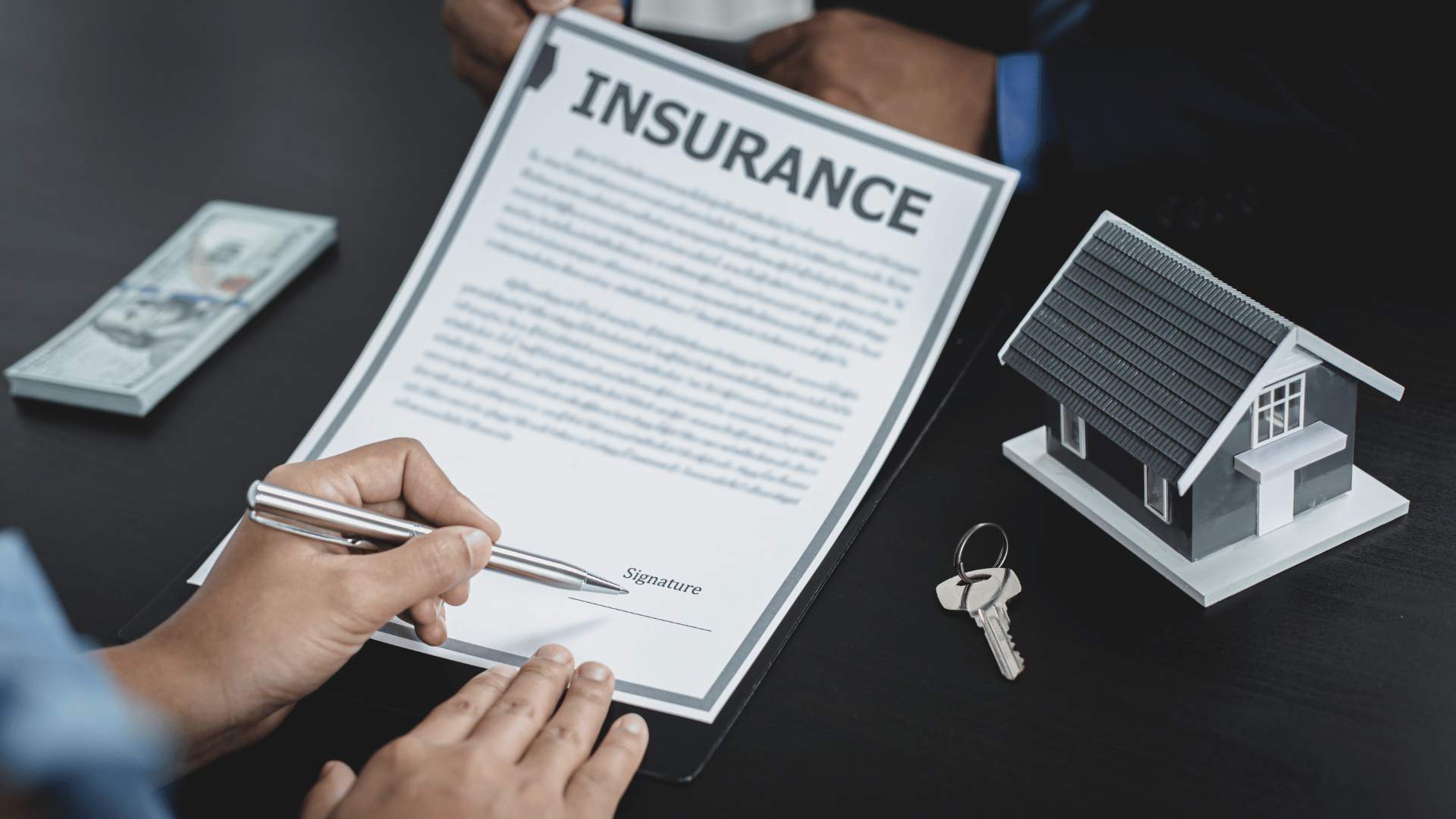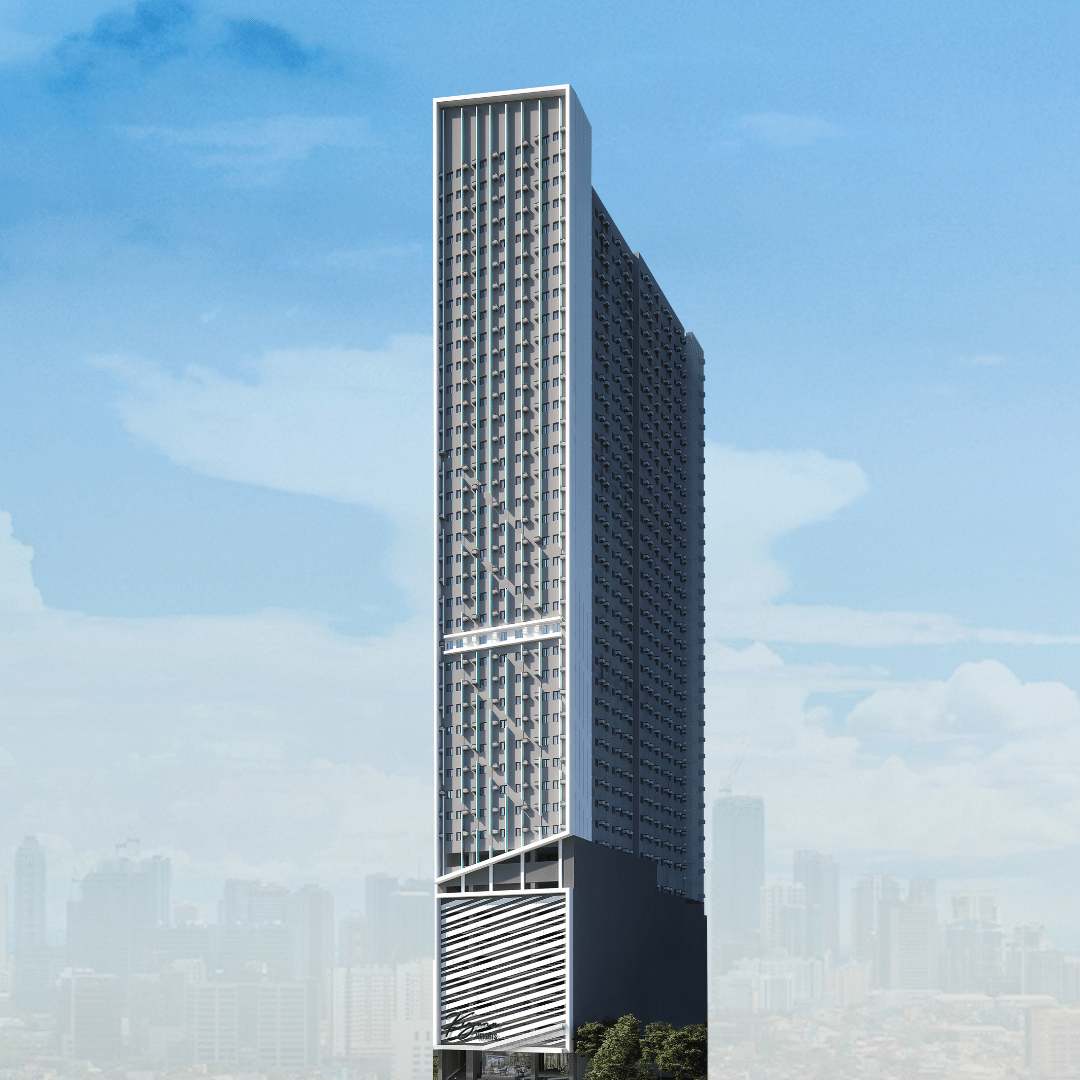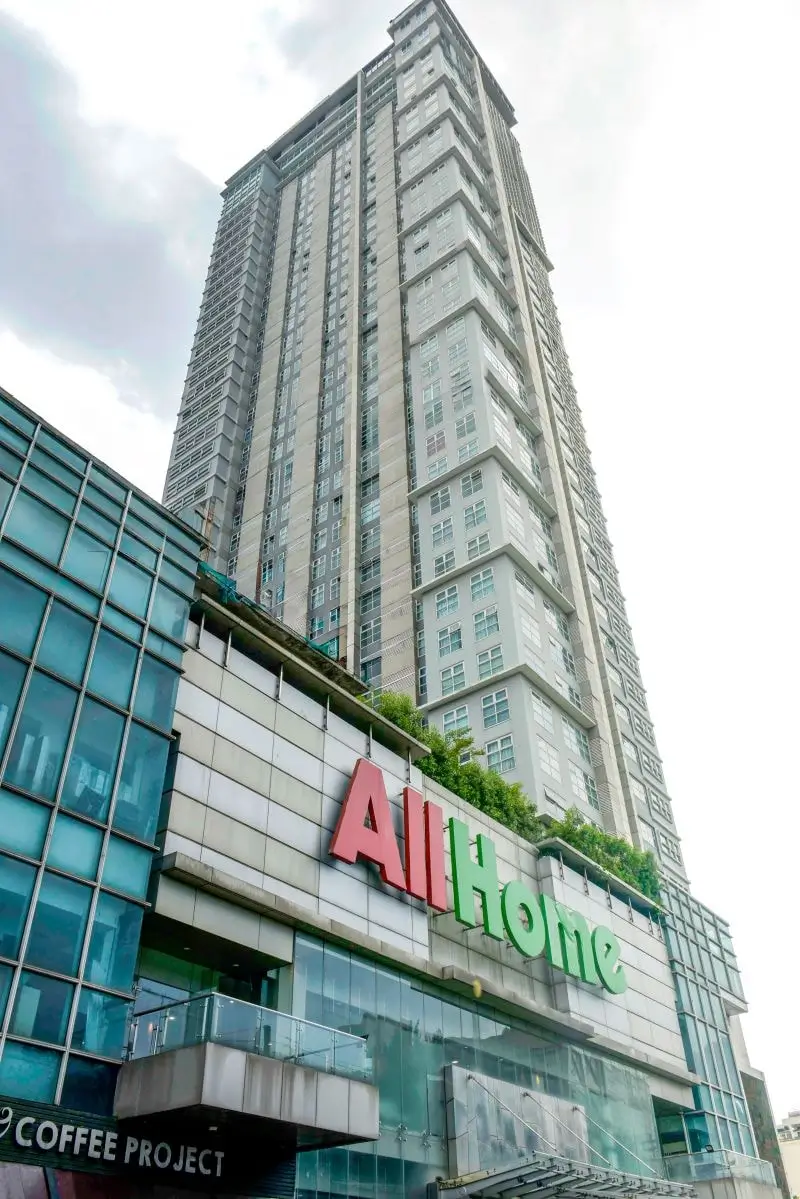Despite not owning the land or structure your house is located on, condo owners still need to have adequate insurance to protect their unit and personal property. The homeowners association's (HOA) master policy might not be enough.
You will require condo insurance if you want protection against issues not covered by the HOA master policy, such as theft of your personal property or unintentional harm to others. Condo insurance can even be necessary in specific circumstances.
What is condo insurance?
Property insurance in the Philippines, like that of a condo insurance, is a mix of coverage types that protect your investment in your condominium against problems like fire, theft, accidental injuries to others and living expenses if you are temporarily displaced from your condo due to unfortunate circumstances. Your condo insurance covers you for problems that are not covered by an HOA master policy.
Condo insurance primarily protects the personal property of unit owners, such as furniture and appliances, as well as damages to the internal walls and floors of the unit.
Condo insurance typically provides coverage for a variety of incidents, including theft, vandalism, explosion damage, fire and smoke damage, wind and hail damage, lightning damage, and burst pipes. A few examples of situations that are often not covered are ordinary wear and tear, intentional damage, intentional flood damage, and earthquake damage.
There are two coverage options available for condo insurance: replacement cost or cash value. While replacement cost coverage considers the cost of replacing the insured item, cash value coverage recovers the value of insured products with less depreciation.
Master Policy vs. Condo Insurance
Condo owners, unlike homeowners, do not own the building or the land on which it is built. The exteriors and common sections of condominium buildings are insured by a master policy or a homeowner's association policy, but the individual apartments will need their own insurance.
There are three different kinds of master policies: bare walls in and wall studs in, special entity, and all-in and all-inclusive. The exterior and interior of each unique unit, as well as fixtures, installations, and additions, are all covered by an all-in, all-inclusive policy. Nearly the entire condo building is covered by an unique corporate policy, including the fixtures inside the units, but not any future structural changes or unit expansions. The fundamental framework of each condo unit is exclusively covered by a bare wall-in and wall studs-in policy.
Unit owners are still held liable for their personal property in all master insurance. Condo insurance can help in this situation. Unit owners can determine the type of condo insurance they should get by understanding the kind of master policy that is used for the building.
Why is getting insurance for your condo a smart move?
What condo or building insurance cover ranges from fire, accidental damage, natural calamity etc. And here are the following reasons why you should aspire in getting one:
1. It provides protection from damage for the items inside your unit. It also provides funding for various home repair projects.
You still won't be able to predict when or when natural disasters, robberies, or other undesirable situations will occur and cause damage to your property, even with all the required safety measures in place. It's not cheap to pay for repairs and replacements, so having condo insurance will protect you from the financial hit resulting from these.
2. In the event that your apartment becomes uninhabitable, it offers recompense.
An insurance policy for your condo might pay for your rental costs while your condo unit is being fixed if these terrible circumstances result in damage that requires you to temporarily vacate your home for repairs.
3. It includes the things you own personally.
Consider that for a moment. You spent a lot of money on everything inside the unit, including the appliances and fittings as well as the actual unit itself. You can have these insured as well in case they are damaged due to covered accidents or are stolen, depending on the level of coverage you choose.
4. It provides protection in the event of an accident.
At home, we feel the safest, but accidents do, regrettably, occasionally occur. It's consoling to know that when you insure your condo, you and your family can also receive coverage through personal accident insurance.
5. You are protected from personal liabilities.
Everyone will be financially covered against accidents, not just you as the owner. For instance, if you unintentionally damaged a neighboring unit due to, let's say, a leaky faucet, your condo's insurance policy may help defray the costs associated with your legal liability.
How to prepare to buy a condo insurance?
Unit owners must make some preparations before purchasing condo insurance to ensure that their units are adequately insured and that they will not overpay for their policy.
Unit owners are able to create a thorough inventory of everything they own inside the apartment. This will decide the amount of insurance the unit requires. Additionally, since they would be able to quickly identify what was taken, it will make it easier for unit owners to file burglary claims.
Next, unit owners should carefully review the master policy's scope of coverage. Understanding the insurance coverage provided by the homeowners association will help unit owners avoid being underinsured, which would leave them vulnerable to certain sorts of harm, or overinsured, which would result in them paying more than necessary.
How to claim your insurance
Unit owners must submit a claim to either their own insurance provider, the homeowners association's insurance provider, or both, depending on the circumstances, in the event of an occurrence.
Owners of condo units, for instance, would have to report the burglary to their insurance provider. However, the unit owner may also make a claim with the homeowners association's insurance provider if the burglary involves breaking and entering that damaged the exterior entryway or if it occurred as a result of inadequate building security.
Unit owners should update their insurance in case they make an expensive purchase to guarantee that all of their personal belongings in the condo is insured.
Unit owners must also keep their condo unit in good condition because failing to do so could result in insurance companies holding them liable for issues like mold and general neglect. Owners of condominiums should maintain the structural integrity of their buildings to avoid having their rates increase needlessly.
For more information on Vista Residences, email [email protected], follow @VistaResidencesOfficial on Facebook, Twitter, Instagram, and YouTube, or call the Marketing Office at 0999 886 4262 / 0917 582 5167.










